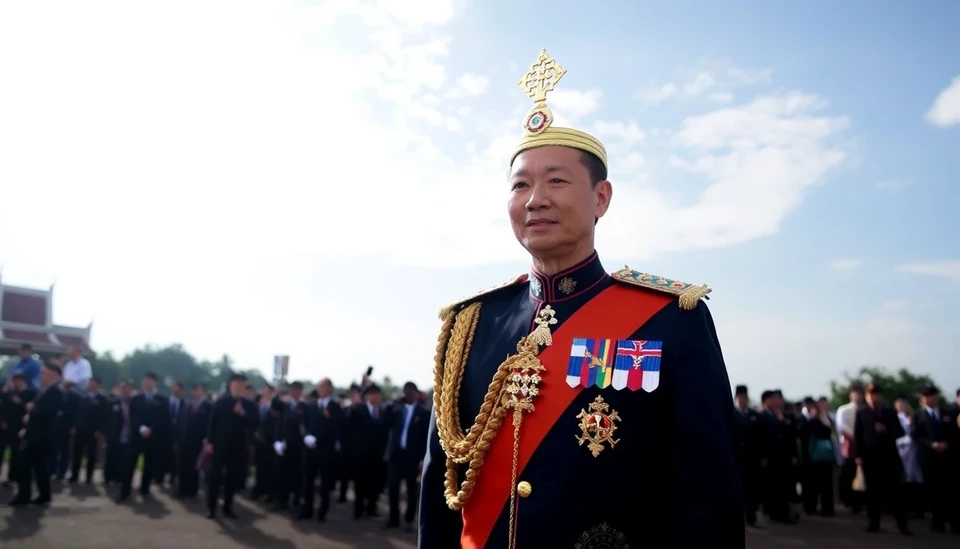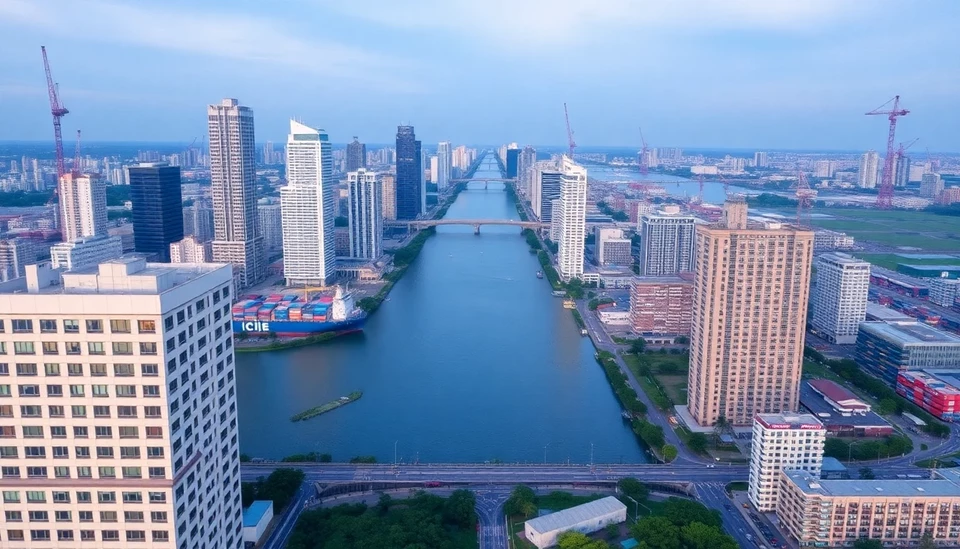
In an intriguing move to manage economic indicators more flexibly, Thailand's government is in talks over raising its inflation target. The strategic alteration is designed to create an environment conducive to lowering interest rates, thereby stimulating economic growth. The discussions are being led by government officials and the central bank, who are closely evaluating the potential impacts on the nation’s monetary policy and economic outlook.
The decision to adjust the inflation target emerges amidst concerns about Thailand's economic resilience, especially in light of global financial conditions. The current inflation target set by the Bank of Thailand stands at 1% to 3%. By raising this target, authorities hope to gain additional monetary policy leeway to tackle economic challenges, notably by potentially slashing interest rates without straying from their fiscal goals.
Such an adjustment could mark a significant shift in Thailand’s economic strategy. With a higher inflation target, the Bank of Thailand could justify lower interest rates, which, in turn, would reduce borrowing costs for businesses and consumers. This may energize various sectors by boosting investment and spending, providing a much-needed jolt to Thailand’s GDP growth prospects in an uncertain global economy.
Finance Minister Arkhom Termpittayapaisith, has stated that a more flexible inflation target aligns with the government’s broader economic recovery plans. Amid strident inflationary pressures worldwide and fluctuating oil prices, the Thai economy, like many others, has grappled with maintaining a delicate balance between fostering growth and controlling inflation.
Experts argue that such a policy shift, if executed effectively, could enhance Thailand’s economic foothold. However, they also caution about potential risks, such as accelerated inflation spirals that could affect consumer purchasing power and overall economic stability.
The proposal comes at a time when many economies are experiencing the aftershocks of the COVID-19 pandemic, coupled with geopolitical tensions and supply chain disruptions. For Thailand, adapting its monetary policy to be more responsive to these changing dynamics could be vital for ensuring long-term economic robustness and societal welfare.
While no final decision has been made, the policy consideration demonstrates the government’s commitment to maintaining economic momentum and responding proactively to domestic and international economic challenges.
Market analysts and economists are keeping a keen eye on developments, as any shifts in Thailand’s inflation target could ripple across Southeast Asian markets, influencing stakeholder confidence and regional economic strategies.
As the dialogue progresses, Thailand's approach to balancing growth and inflation will be a subject of intense scrutiny, both domestically and internationally. The final decision will likely signify a pivotal step in the country’s effort to navigate the complexities of the post-pandemic economic landscape.
Further discussions are expected in the coming months, as the government and the Bank of Thailand weigh the implications of this significant policy proposition.
#Thailand #InflationTarget #InterestRates #EconomicPolicy #MonetaryPolicy #BankOfThailand #GDPGrowth #GlobalEconomy #FinanceMinisterArkhom #EconomicRecovery
Author: Daniel Foster




